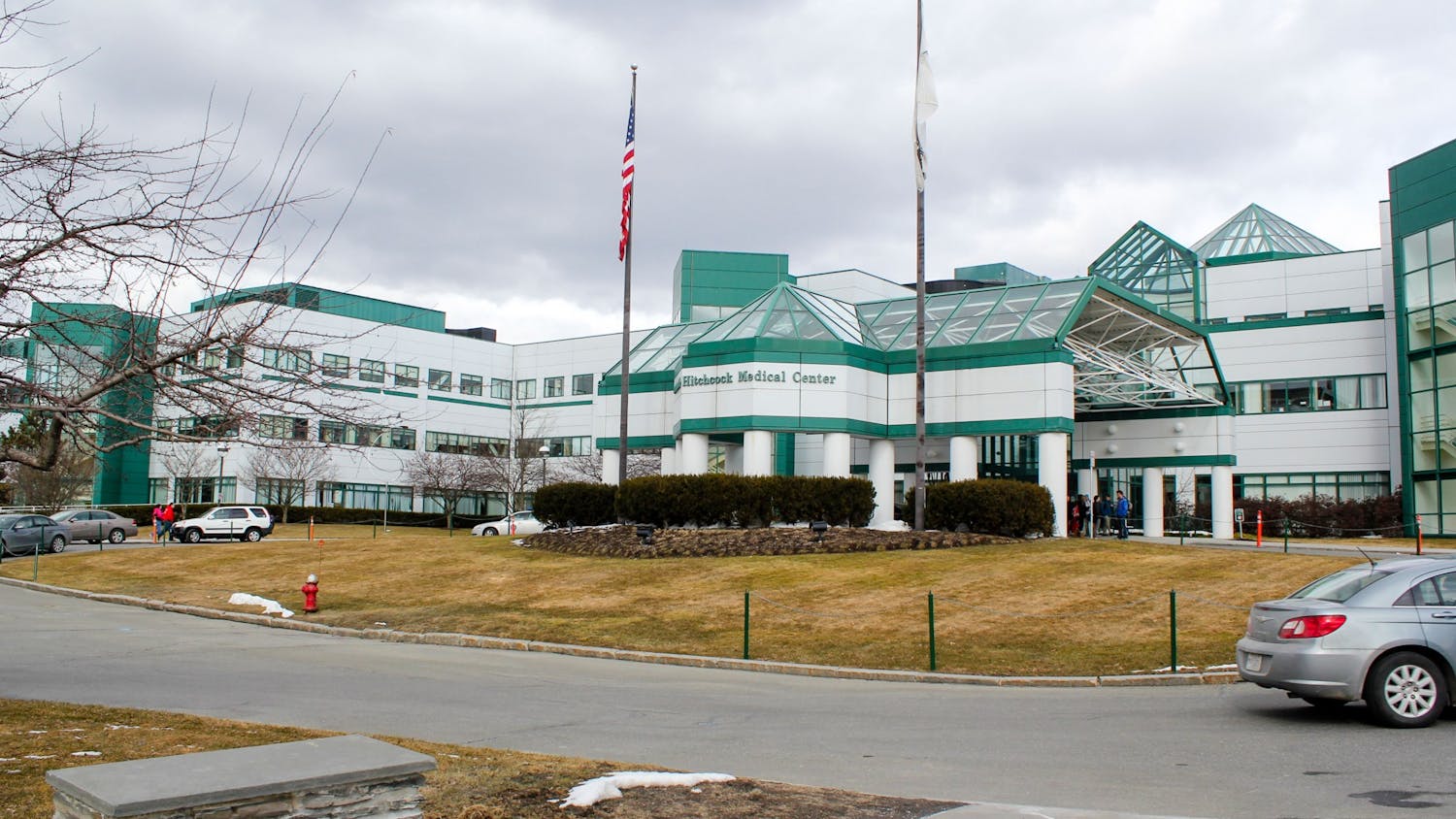Although the World Health Organization declared the spread of COVID-19 a pandemic back in March, Congress has yet to implement a widespread testing program — even after an outbreak of COVID-19 in the White House in early October left three Republican senators (and the president) infected with the virus. As of now, tests are only offered to those who have symptoms or who believe they may have been exposed to someone who has tested positive. Not only does Congress' failure to implement regular, widespread testing put the lives of congresspeople and thousands more at risk, but it sets a dangerously negligent example for the rest of the nation.
Since the start of the pandemic, 74 members of Congress have been quarantined, tested positive for COVID-19 or have come into contact with someone with COVID-19. This is even more unsettling given that members of Congress are presumably at an elevated risk from COVID-19 due to their age. The average age in the House of Representatives is around 58, and the average senator is pushing 63. Yet surprisingly, opposition to widespread testing in Congress seems to be the one thing that the two parties can agree on: Senate Majority Leader Mitch McConnell, R-Ky., and House Speaker Nancy Pelosi, D-Calif., have both ignored calls for regular screening. Despite McConnell’s confidence in Senate precautions and Pelosi’s in the House attending physician, the recent outbreak makes it clear that something must be done.
If there is one takeaway from the recent outbreak among GOP politicians, it is that politicians cannot be trusted to impose rigid COVID-19 guidelines on themselves. Today’s hyper-partisan environment has made it clear that both parties place a premium on their side winning and the other losing. In the case of the Republican party, it seems that members value winning above all, including above health. Indeed, instead of missing out on the hearing for Supreme Court nominee Judge Amy Coney Barrett, several Republican politicians who had recently tested positive or had been exposed to the virus chose to attend.
Sen. Ron Johnson, R-Wis., who was one of the senators to recently test positive, showed a flagrant disregard for public health guidelines when he made clear that he would attend the Senate hearings on Barrett whether infected or not: “I’ve already told leadership, I’ll go in a moon suit.” Sen. Mike Lee, R-Utah, who also tested positive for COVID-19, appeared in person at Barrett’s Supreme Court confirmation hearings on Monday, fist-bumped his colleagues (a COVID-19 no-no), and removed his mask (another COVID-19 no-no) to deliver his opening statement. Although Lee was cleared by a doctor the day of the hearing, it is unknown when he last tested negative. While some senators have failed to abide by proper quarantine and social distancing guidelines, without formal Congressional testing protocols, it is possible that some senators may be simply choosing to forego testing altogether.
The lack of an established testing routine for congresspeople is dangerous because politicians cannot be trusted to follow strict guidelines in terms of quarantining both in case of potential virus transmission and after contracting the virus. In an ideal world, we would force congresspeople to adhere to COVID-19 guidelines, but this is hard to enforce constitutionally. Therefore, as we cannot trust politicians to behave, we must account for bad behavior and shift the focus to preventing outbreaks through routine testing. By conducting thorough and regular testing, Congress will be better able to control the spread of the virus despite individuals’ behavior.
The shift to prevention must come now — the sooner a widespread testing program is implemented, the better. A lack of testing not only risks the health and lives of congresspeople, but puts hundreds more in the Capitol at risk, including congressional staffers, cleaners and cafeteria workers. Indeed, while around 20 lawmakers have been infected as of mid-October, more than 120 Capitol workers have tested positive for COVID-19 or were presumed positive, including over 40 members of the U.S. Capitol Police. Looking beyond the Capitol, if untested, lawmakers may unknowingly infect their constituents and create new hotspots when they return home from Washington.
Even ignoring the direct health risk, the lack of testing in Congress sets a bad example for the nation as a whole. If members of the public watch their senators and representatives fail to get tested, contract COVID-19 and then return to their jobs fist-bumping with smiles on their faces less than 10 days later, they may infer that testing isn’t as necessary as the Centers for Disease Control make it out to be. With over 220,000 deaths and counting nationwide, we cannot afford to make people believe testing isn’t absolutely necessary.
It is thus vital that Congress implement widespread, mandatory and frequent testing, not just for the health of senators and congresspeople, but for all those working on the Hill and for constituents at home, who are watching as elected officials fail to comply with public health guidelines in the midst of a pandemic.




